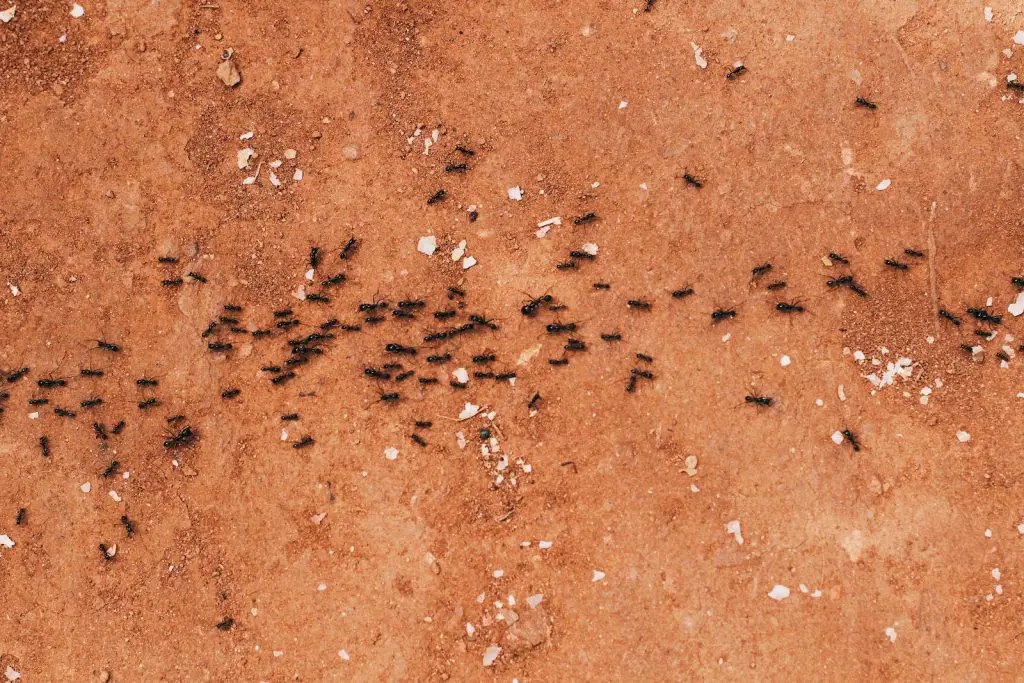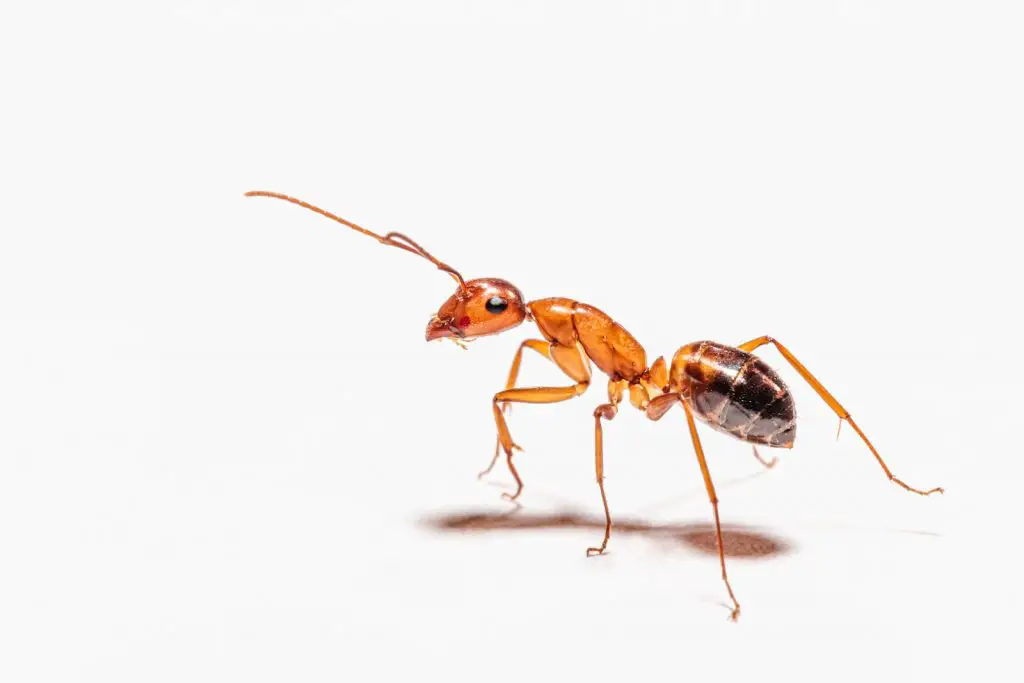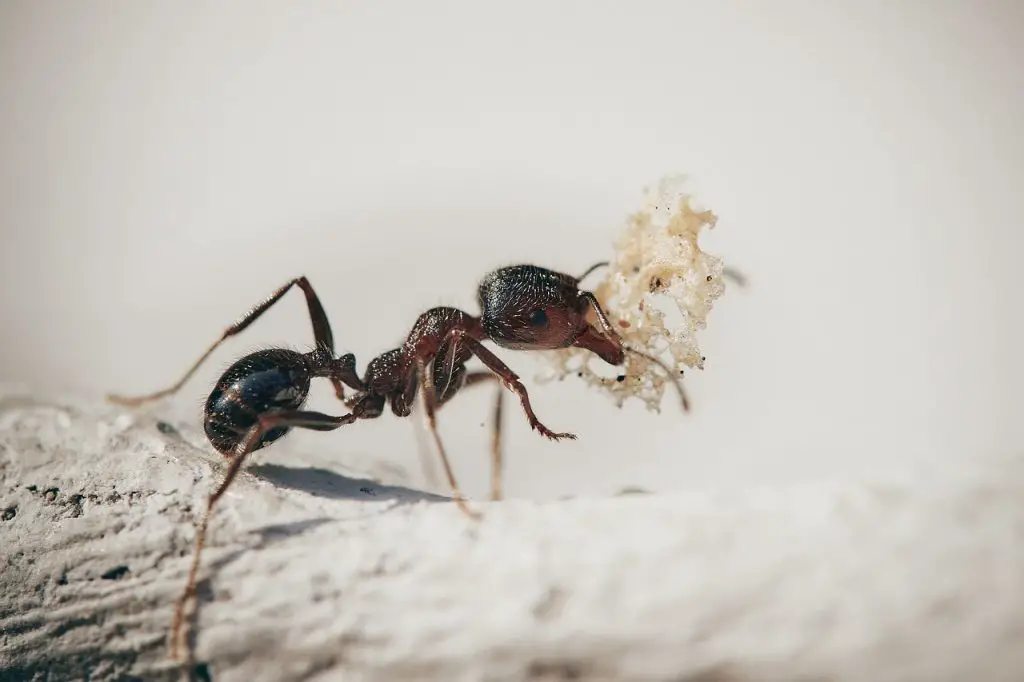Ants are one of the most common insects found in our homes and gardens. While they do help to keep other pests under control, they can also be bothersome when we find them nesting in our belongings. We often turn to salt as a means of getting rid of these unwelcome guests, but does it work? Does salt kill ants?
While this method may be effective in getting rid of ants, it is also important to have pest control to tackle the uninvited little guest colony.
Are Ants Really Killed By Salt?
The question “Does salt kill ants” has been asked by many people, and there is no easy answer. While it is true that salt can be lethal to ants, it is not always the case. In fact, most ants are able to survive being exposed to salt.
There are a few things to consider when thinking about this question. First, it is important to know that not all ants are the same. There are many different species of ants, and each one has its own unique physiology. This means that some ants are more resistant to salt than others. Additionally, the concentration of salt also matters. A small amount of salt might not be enough to kill an ant, but a large amount can be lethal.
In general, though, it is safe to say that yes, salt can kill ants. If you want to get rid of an ant problem, spreading salt around your home is a good way to do it. Just be sure to use enough salt so that the ants are actually affected.
How Does Salt Kill Ants?
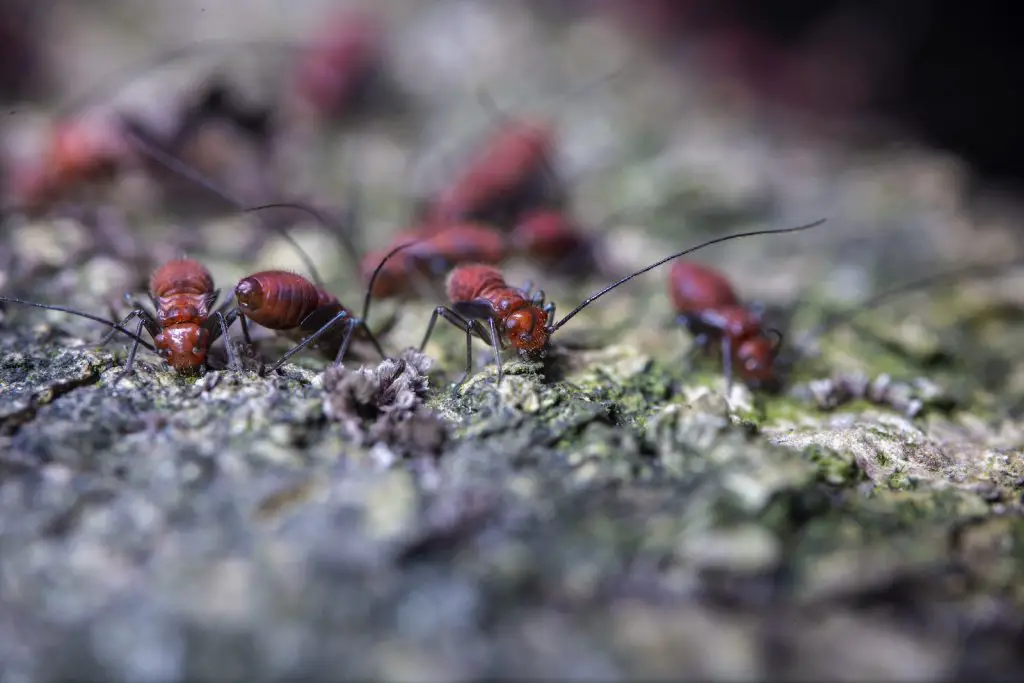
One of the most common household items used to kill ants is salt. I’m sure you’ve seen the memes and articles claiming that pouring salt around your home will create an impenetrable barrier for ants trying to enter. But how does salt actually kill ants?
Salt works as an ant killer because it dehydrates them. When ants ingest salt, it pulls water from their bodies causing them to die of dehydration. This is why you often see ants crawling around in search of water after coming into contact with salt.
While this method may be effective, it’s important to be careful when using salt as a means of killing ants. If you use too much salt, you run the risk of damaging your floors or furniture. Too little salt will also be ineffective. The best way to ensure you’re using the right amount of salt is to experiment with different amounts until you find what works best for your needs.
Does Salt Help In Killing Ant Piles?
It’s a common belief that sprinkling salt on an ant pile will help kill the ants. However, there is no scientific evidence to support this claim. Salt is more likely to just irritate the ants and make them scatter. If you’re looking for a natural way to get rid of an ant problem, try using a mixture of vinegar and water. However, the best way to get rid of an ant pile is to use pesticides or an insecticide.
Can Fire Ants Die From Salt As Well?
Fire ants also known as red ants are well-known for their stinging behavior. They react quickly and aggressively to any disruption to the colony or a food source. A single fire ant can sting multiple times and will continue to sting even after its venom sac is depleted.
Salt will kill fire ants too. In fact, salt is one of the most effective natural fire ant killers there is. Simply sprinkle salt around the perimeter of your home or anywhere else you see fire ants and they will quickly die. Salt works by dehydrating the ants and causing them to die of thirst. You can also use salt to create a homemade fire ant bait that will kill them when they eat it.
Whether Using Salt Will Permanently Eliminate Ant Problem?
There is some debate over whether using salt will permanently eliminate ants. Some people believe that ants are able to come back after salt is used, while others claim that salt keeps them away for good. There is no clear consensus on the matter. However, there are a few things that we do know about ants and salt.
Salt is an effective way to kill ants. When ants come into contact with salt, it will disrupt their water balance and cause them to die. This is why many people recommend using salt as a way to get rid of ants.
However, it is possible for ants to come back after salt has been used. This is because they may be able to find another source of water. Additionally, some ant species are more resistant to salt than others. So, while salt may be an effective way to kill ants, it may not be a permanent solution.
Does Epsom Salt Kill Ants?
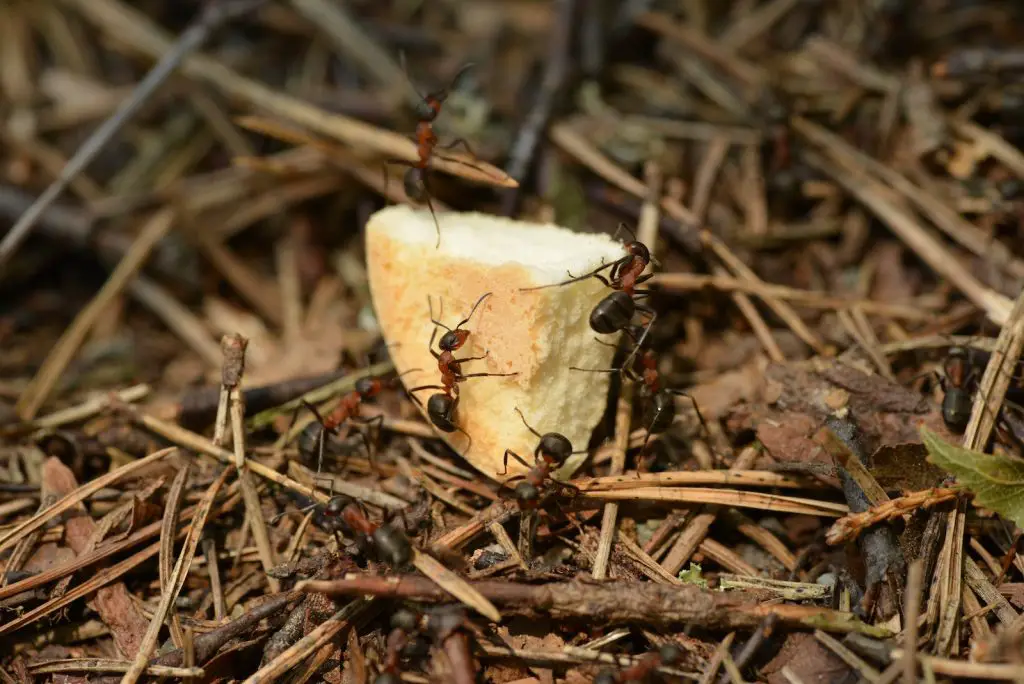
Epsom salt is a popular home remedy for a variety of issues, including killing ants. But does it really work?
There is no definitive answer, as Epsom salt can work in some instances but not others. It depends on the type of ant and the individual ant’s physiology. For example, carpenter ants are more likely to be killed by Epsom salt than other types of ants.
If you’re dealing with an infestation, it’s always best to consult with a professional to get rid of the problem. However, if you want to try using Epsom salt as an ant killer, mix equal parts salt and flour and sprinkle it around the areas where you’ve seen ants. You can also make a paste out of water and Epsom salt and apply it directly to the ants.
Does Epsom Salt Is More Effective In Killing Ants Than Table salt?
There is some debate over which type of salt is more effective at killing ants – Epsom salt or table salt. Some experts say that Epsom salt is more effective because it contains magnesium sulfate, which can be poisonous to ants. Others argue that table salt is just as effective because it dehydrates the ants and eventually kills them.
So, what’s the verdict? Unfortunately, there is no definitive answer. It really depends on the ant species and how much salt they are exposed to. However, if you’re looking for a natural way to get rid of ants, either type of salt will do the trick. Just be sure to use it sparingly, as too much salt can also be harmful to plants and other creatures.
Conclusion
Do ants die when they come into contact with salt? The answer appears to be yes, but there are some caveats. Salt can kill ants by dehydrating them or by damaging their exoskeletons. However, not all ants will die immediately upon coming into contact with salt – some species are more resistant than others.
In addition, after the salt has been applied, ants might reappear. Salt affects ants who come in immediate contact with the salt. So, even though using salt to kill ants might be effective, it might not be a long-term fix.

